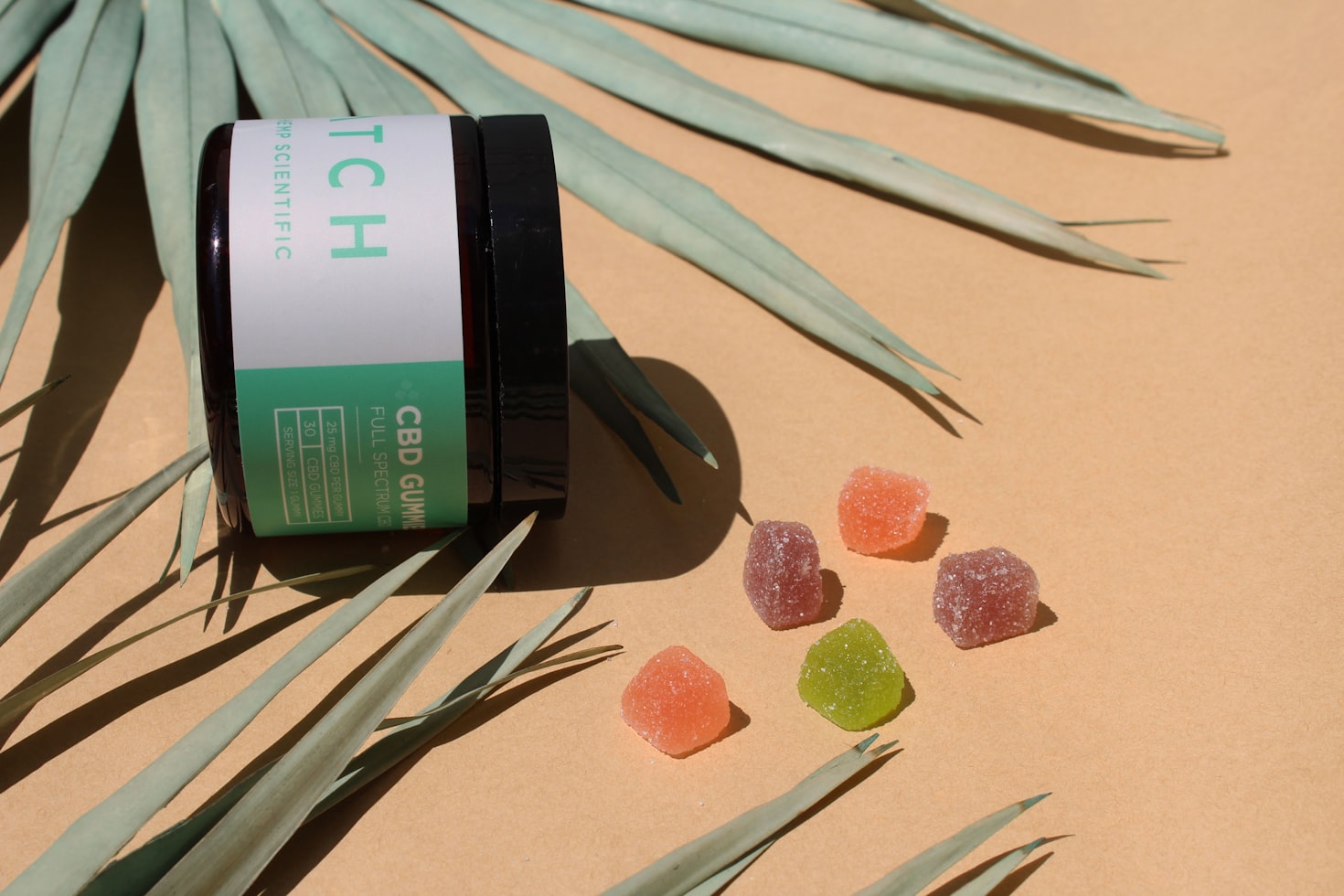How Much Sugar Can You Have On A Keto Diet
The ketogenic diet, or keto diet, has gained significant popularity in recent years due to its potential for weight loss and improved health markers. This low-carb, high-fat diet aims to put the body into a state of ketosis, where it burns fat for fuel instead of carbohydrates. While the focus of the keto diet is on reducing carbohydrate intake, many people wonder how much sugar they can have while following this eating plan. In this article, we will explore the role of sugar in a keto diet and provide valuable insights on how to navigate sugar consumption while maintaining ketosis.
The Basics of the Keto Diet
Before diving into the specifics of sugar consumption on a keto diet, it’s essential to understand the basic principles of this eating plan. The keto diet typically consists of consuming 70-75% of calories from fat, 20-25% from protein, and only 5-10% from carbohydrates. By severely limiting carbohydrate intake, the body is forced to enter a metabolic state called ketosis, where it starts using stored fat as its primary source of energy.
The Impact of Sugar on Ketosis
Sugar, in its various forms, is a type of carbohydrate that can quickly spike blood sugar levels. When consumed in excess, sugar can lead to weight gain, insulin resistance, and other health issues. On a keto diet, the goal is to keep carbohydrate intake low to maintain ketosis. Consuming too much sugar can disrupt this metabolic state and hinder progress towards weight loss and other health benefits associated with ketosis.
Understanding Different Types of Sugar
Not all sugars are created equal, and it’s important to distinguish between natural sugars found in whole foods and added sugars found in processed foods. Natural sugars, such as those found in fruits and vegetables, come packaged with fiber, vitamins, and minerals, which can slow down their absorption and minimize their impact on blood sugar levels. On the other hand, added sugars, such as those found in sugary beverages and desserts, provide empty calories and can cause blood sugar spikes.
Recommended Sugar Intake on a Keto Diet
While there is no specific daily sugar limit for a keto diet, it is generally recommended to keep total carbohydrate intake below 50 grams per day to maintain ketosis. This includes both natural and added sugars. However, it’s important to note that everyone’s carbohydrate tolerance may vary, and some individuals may need to consume fewer carbohydrates to achieve and maintain ketosis.
Strategies for Reducing Sugar Intake on a Keto Diet
Reducing sugar intake on a keto diet can be challenging, especially considering the prevalence of hidden sugars in many processed foods. Here are some strategies to help you minimize sugar consumption while following a keto eating plan:
- Read food labels carefully: Look for hidden sources of sugar, such as high-fructose corn syrup, dextrose, or maltodextrin, in packaged foods.
- Choose whole foods: Opt for fresh, unprocessed foods like meat, fish, eggs, vegetables, and healthy fats, which naturally contain minimal amounts of sugar.
- Limit fruit consumption: While fruits are generally considered healthy, they can be high in natural sugars. Stick to low-sugar fruits like berries in moderation.
- Use sugar substitutes: Stevia, erythritol, and monk fruit extract are keto-friendly sugar substitutes that can be used in moderation to satisfy sweet cravings.
- Prepare meals at home: Cooking your meals from scratch allows you to have full control over the ingredients and avoid hidden sugars commonly found in restaurant or takeout meals.
- Be mindful of condiments and sauces: Many condiments and sauces, such as ketchup and barbecue sauce, contain added sugars. Opt for sugar-free alternatives or make your own.
Frequently Asked Questions
1. Can I have any sugar on a keto diet?
While it’s not recommended to consume sugar on a keto diet, small amounts of natural sugars from whole foods like fruits and vegetables can be included in moderation. However, it’s important to track your carbohydrate intake to ensure it stays within the recommended range.
2. Are artificial sweeteners allowed on a keto diet?
Artificial sweeteners, such as aspartame and sucralose, are generally considered keto-friendly as they do not significantly impact blood sugar levels. However, some individuals may experience digestive issues or cravings when consuming artificial sweeteners, so it’s best to use them in moderation.
3. Can I consume sugar alcohols on a keto diet?
Sugar alcohols, such as erythritol and xylitol, are commonly used as sugar substitutes in keto-friendly products. They have minimal impact on blood sugar levels and can be included in moderation. However, excessive consumption of sugar alcohols may cause digestive discomfort in some individuals.
4. What are the risks of consuming too much sugar on a keto diet?
Consuming too much sugar on a keto diet can lead to an increase in blood sugar levels, which can kick you out of ketosis. Additionally, excessive sugar intake can contribute to weight gain, insulin resistance, and other health issues associated with a high-sugar diet.
5. Can I have cheat days with sugary foods on a keto diet?
Cheat days, where you consume high amounts of sugar and carbohydrates, can disrupt ketosis and hinder progress towards your goals. It’s best to avoid cheat days or opt for keto-friendly alternatives to satisfy cravings.
6. How can I satisfy my sweet cravings on a keto diet?
If you have a sweet tooth, there are several keto-friendly options to satisfy your cravings. You can try making desserts using sugar substitutes like stevia or enjoy small portions of low-sugar fruits like berries. Additionally, there are many keto-friendly dessert recipes available that use alternative flours and sweeteners.
Summary
While sugar consumption should be minimized on a keto diet, small amounts of natural sugars from whole foods can be included in moderation. It’s important to track carbohydrate intake and choose low-sugar options to maintain ketosis. Reading food labels, cooking meals at home, and using sugar substitutes can help reduce sugar intake while following a keto eating plan. Remember, everyone’s carbohydrate tolerance may vary, so it’s essential to listen to your body and adjust your diet accordingly.





